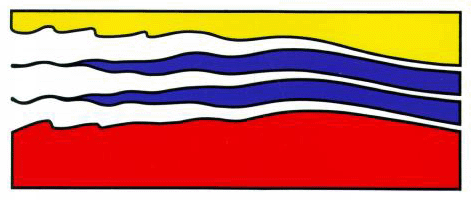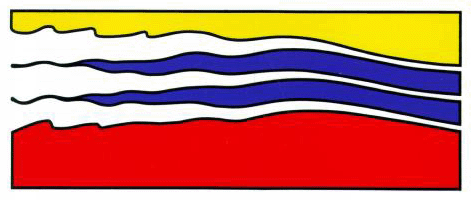
4111 Monarch Way, 3rd Floor
Old Dominion University
Norfolk, VA 23508
757-683-4940


In the northern California Current (NCC), zooplankton
communities in the inshore and offshore waters showed a synchronized
response to large-scale forcing as indexed by the Pacific Decadal
Oscillation (PDO), with copepods in the coastal waters more responsive
to local pertubations than those in the slope waters. Alongshore
transport manifests PDO signals and serves as a linkage between
large-scale forcing and local ecosystem dynamics. In years when the
PDO is negative, a greater portion of the source waters feeding the NCC
enters from the north, resulting in higher copepod biomass and greater
salmon survival.
Biography
Hongsheng Bi received his Ph.D. from Louisiana State University in 2005. He then held a postdoctoral position at Oregon State University before joining the faculty at the University of Maryland Center for Environmental Science in 2009, where he is currently an Assistant Professor. His current research interests include climate change and ecosystem response, and early life stages of gelatinous zooplankton and their trophic interactions.

|
Innovation Research Park Building I 4111 Monarch Way, 3rd Floor Old Dominion University Norfolk, VA 23508 757-683-4940 |

|